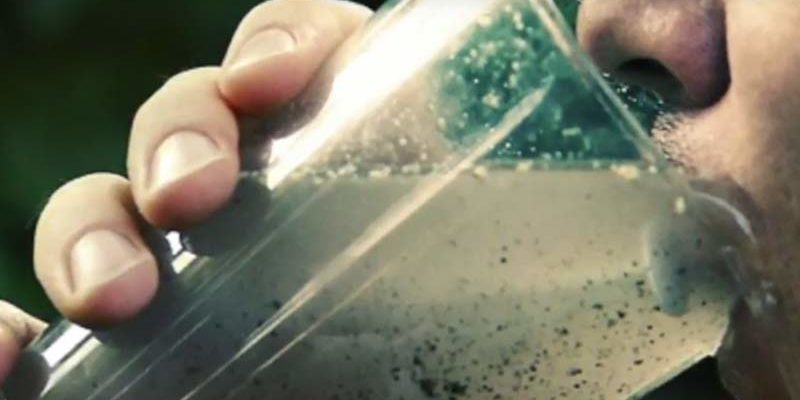Let’s talk about the #1 most important substance you need every day, to stay alive and healthy. Clean, filtered drinking water is essential for optimum health and wellness.
What kind of water are your drinking every day? Water with plastic chemicals like BPA & BPS known endocrine disruptors or pure filtered water with natural minerals? Use BPA & BPS free plastic water bottles.
Your body knows the difference between clean water and water with plastic chemicals. Chemicals in our water often cause estrogen dominance which is implicated in the growth of many types of cancer.
Healthy habits make a healthy body. Be a water snob and only drink water that has been filtered today. Be kind to the environment too as individual plastic water bottles are terrible for our oceans and landfills and of course, our bodies.
For more healthy tips and Chinese herbs to help keep you healthy check out How To Balance your Hormones Naturally link and video at https://www.pacherbs.com/balance-hormones-naturally/or visit https://PacHerbs.com



